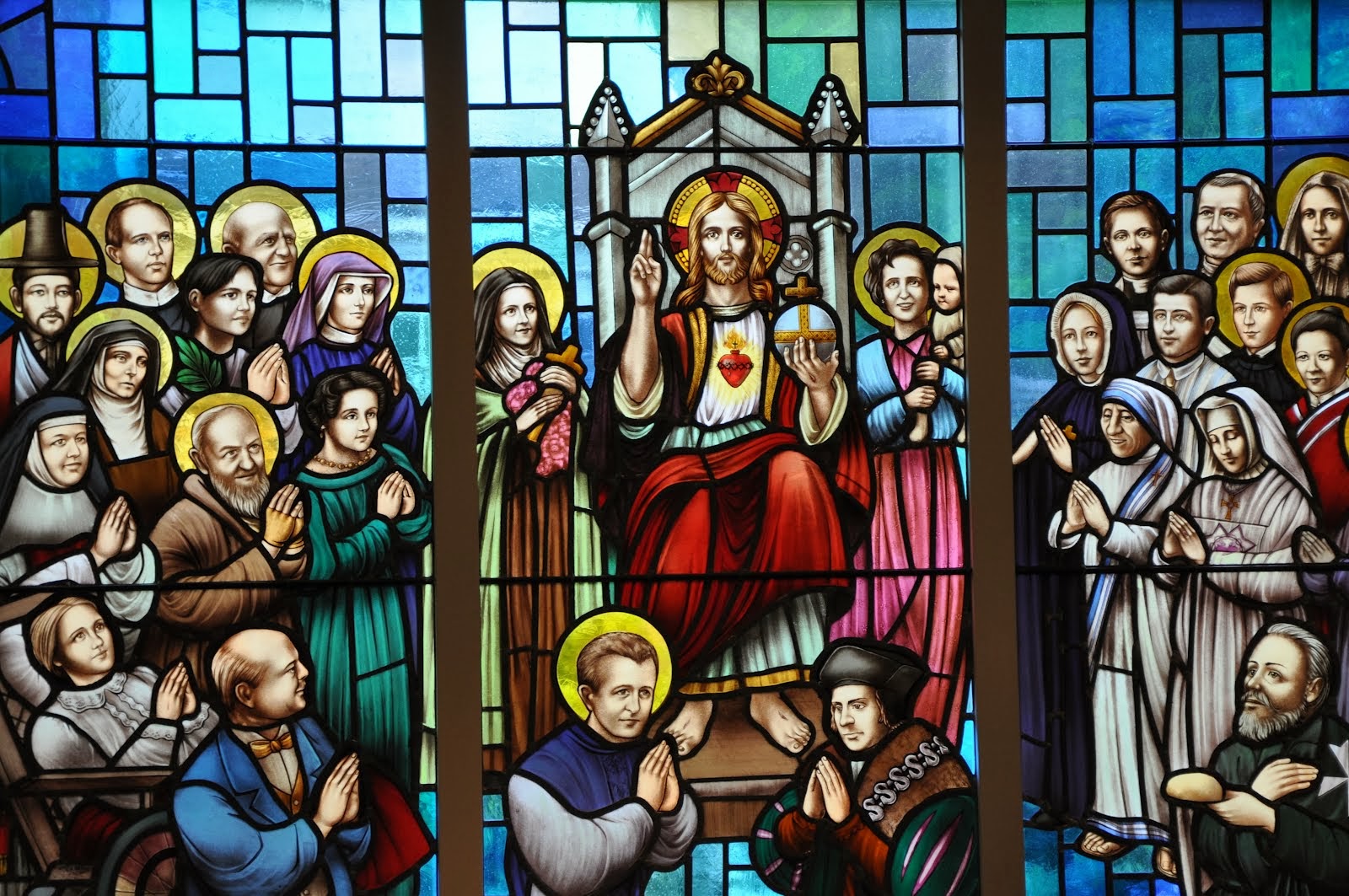
“Let me know You, O You Who know me. Let me know You just as I am known to You. Virtue of my soul, come into it and make it over for Your own use, that You may possess it without spot or wrinkle. This is my hope.” St. Augustine of Hippo (4th-5th centuries, Doctor of the Church)
“God not only gives me myself, He also gives me Himself. In His first work He gave me myself; in His second work He gave me Himself; when He gave me Himself, He gave me back myself.” St. Bernard of Clairvaux (11th-12th centuries, Doctor of the Church)
“Two things are required in order to obtain eternal life: the grace of God and man’s will. And although God made man without man’s help, He does not sanctify him without his cooperation.” St. Thomas Aquinas (13th century, Doctor of the Church)
“Serve God as He wishes; you will see one day He will do all you wish and more than you know how to wish.” St. Francis de Sales (16th-17th centuries, Doctor of the Church)
“Finally, the happiness of the person whose will is entirely submitted to God’s is constant, unchangeable and endless. No fear comes to disturb it for no accident can destroy it. He is like a man seated on a rock in the middle of the ocean who looks on the fury of the waves without dismay and can amuse himself watching and counting them as they roar and break at his feet. Whether the sea as calm or rough, whichever way the waves are carried by the wind is a matter of indifference to him, for the place where he is is firm and unshakeable. That is the reason for the peaceful and untroubled expression we find on the faces of those who have dedicated themselves to God.” St. Claude de la Colombiere (17th century)
“Christ Himself indeed is the foundation, but a broken, self-abased, self-renouncing heart is (as it were) the ground and soil in which the foundation must be laid; and it is but building on sand to profess to believe in Christ, yet not to acknowledge that without Him we can do nothing.” St. John Henry Newman (19th century)
“Love consumes us only in the measure of our self-surrender.” St. Therese of Lisieux (19th century, Doctor of the Church)
“The soul that has determined that its will be one with God’s senses an unspeakable happiness; it possesses peace and serenity, and that immovable foundation that is God Himself.” St. Maximilian Kolbe (19th-20th centuries)
“’Thy will be done,’ in its full extent, must be the guideline for the Christian life. It must regulate the day from morning to evening, the course of the year and the entire life….All other concerns the Lord takes over. This one alone, however, remains ours as long as we live.” St. Teresa Benedicta of the Cross (19th-20th centuries)
“Once you have surrendered yourself, you make yourself receptive. In receiving from God, you are perfected and completed. It is a law of nature and grace that only those who give will ever receive. The Sea of Galilee is fresh and blue and gives life to all the living things within its sunlit waters – not because it receives waters, but because it gives them. The Dead Sea, on the contrary, is dead, simply because it has no outlet. It does not give and, therefore, it never receives. No fish can live in its waters, no beast can thrive upon its shores. Not having had its Calvary of surrender, it never has its Pentecost of Life and Power.” Ven. Fulton Sheen (19th-20th centuries)
“It is not our will that matters; it is the Lord’s. This is the difference between prayer and worship. Prayer is the expression of my will; worship is the acceptance of God’s will. The two are quite distinct. Just run through the Old Testament and see how very often, for example, one of the great biblical characters, like Abraham, prays to God, expresses his own will, and then God says to him, ‘Offer your son, Isaac.’ And he prostrates himself. That’s his worship.” Ven. Fulton Sheen
